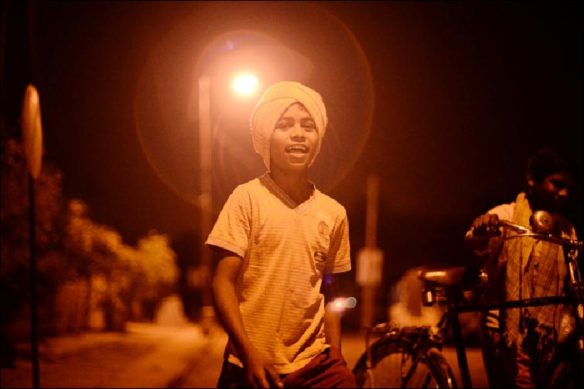CWC’s Response: Madras High Court judgment with respect to recent POCSO Case
Posted on April 29, 2019
The Concerned for Working Children welcomes the judgment by the Madras High Court dated 26th April 2019 with respect to the case of Sabarivasan v/s Tamil Nadu State Commission for the Protection of Child Rights and others, that impressed upon the need to insulate physical relationships between teenagers due to infatuation or innocence from the draconian provisions of the Protection of Children from Sexual Offences (POCSO) Act of 2012. This is a welcome judgment that highlights the loopholes in the POSCO Act, that is meant to uphold the ‘Right to Protection’ of children as held by the UNCRC. Additionally, CWC endorses the suggestion made by Justice V Parthiban that suitable amendments, including a change in the definition of the term ‘child,’ which now encompasses anyone below 18 years of age, could be made so that a consensual relationship between a girl above 16 years of age and a boy between 16 to 21 years of age need not attract the draconian provisions. CWC, like most organisations working for children’s rights, is aware of sexuality in adolescents which can lead to relationships, platonic or otherwise, among each other. We firmly believe that adolescents should be empowered with the knowledge and awareness to engage in safe, responsible and dignified relationships and understand the long term consequences of such relationships.
Working with children’s unions over the years and empowering community led structures for monitoring and implementation of safety and protection of women and children, CWC too, during its course of work, faces with many such cases of elopement due to relationships between girls and boys between the ages of 15 – 18, where empathetic interventions were required and provided for. CWC has witnessed several such cases wherein the rigorous POCSO Act has been misused by the family of the girl involved to mete out punishment to the boy. In cases such as these, where there is a consensual sexual relationship between the boy and the girl, CWC firmly believes meting out punishment to the adolescent boy involved in the case, would amount to the violation of rights of children and in contravention to the principles of natural justice.
However, CWC takes this opportunity to throw light around such incidents where ‘consensus’ needs to be looked at very critically and on a case-to-case basis. If consensus by the minor girl involved has been established upon force or threat to life, it cannot be considered as willful consensus. Secondly, as rightly upheld by Sections 43 and 44 that provide for wide publicity to its provisions to spread awareness among the people about the scope, and the ramification on the implementation of the POCSO Act, CWC believes that children must be empowered with the information to understand the physical and psycho-social consequences of such relationships.
Read the media coverage of the judgement in The Hindu here.
Read the judgement by the Madras High Court here: Madras High Court Consensual Relationships in POCSO Cases



